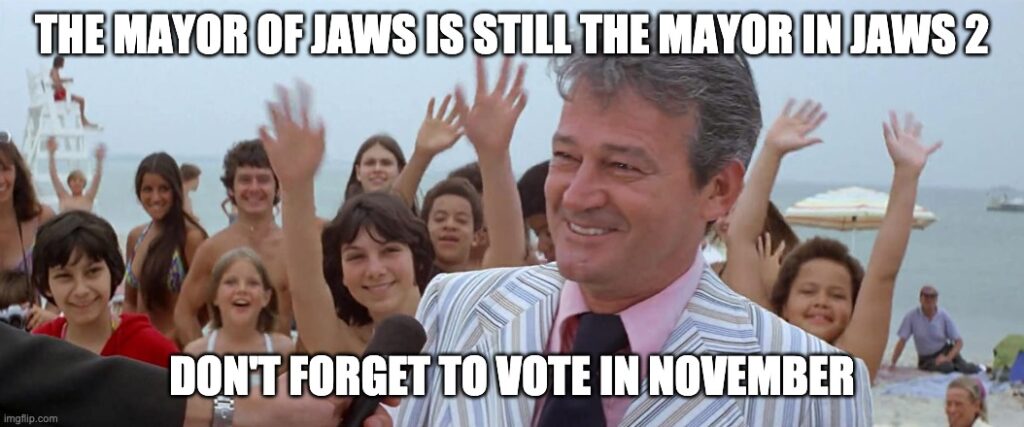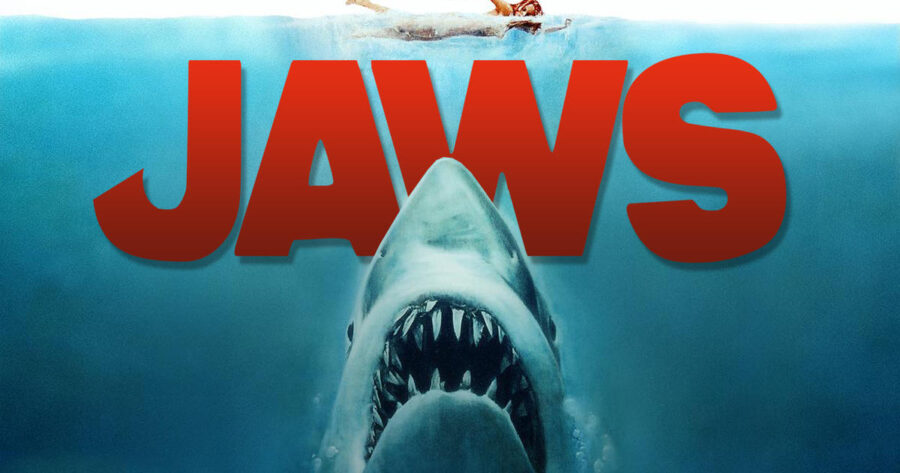During much of quarantine I was helping to co-run an “Equipping Hour” class at my church (our version of Adult Sunday School). The class was called “The Gospel According to Oscar,” which I co-led with my good friend J. D. O’Brien, a filmmaker, documentarian, and videographer (check out his documentary about homelessness in Minneapolis called Out in the Cold on Amazon Prime). This class was sort of a follow-up to one that we did last year about theology and pop culture called, “Spoiler Alert.” Given all of the ‘stay at home’ orders and social distancing requirements this year during the early months of the spread of COVID-19, we held our class on Thursday nights via Google Hangouts. We discussed each of the Best Picture nominees over the course of 8 weeks, and by the time we were wrapping up with all the films nobody really wanted the group to end. So we decided to carry on, but with ad hoc films chosen by various members of our group to watch and discuss together. So far in our post-Best Picture screenings we have watched Sunset Boulevard, Mulholland Drive, and then most recently, JAWS.
Watching these films during COVID has made us make all sorts of connections that we probably wouldn’t have otherwise. For example, watching 1917 made us all think of the “Spanish Flu” of 1918 and the plague that spread in the aftermath of World War I. And I mean, for crying out loud, the winner of Best Picture was a film called Parasite! That’s a bit on the nose, even for 2020. But none of the films that we watched this year was as relevant, or as prescient, as JAWS.
On its face, JAWS is set during the 4th of July weekend. That already ties in for us here in the States heading into the holiday weekend. But as the story progresses the connections begin to feel more and more direct. In short, JAWS feels like something of a parable, prophecy, or parody of the US government’s handling of the coronavirus pandemic.
The opening scene of the movie is iconic. It begins with a young woman at a beach bon fire full of hippies. She pulls herself away from the group while a quite-inebriated man gleefully follows her off towards the water. The woman goes for a swim in the ocean, but the intoxicated man collapses at the shore out of drunkenness, unable to hear or help the woman once she is attacked by a shark.
Naturally, this is big news, but it’s not news that was allowed to spread very far. It’s the kind of news that could devastate the local economy of Amity, a small island town whose economy is dependent on (literally) boat loads of people coming to enjoy the beaches, as the Mayor is very quick to bring up. And so rather than close the beach, like Sheriff Brody proposes, they initially try to suppress the information and let the beach-goers enjoy the summer fun.
Predictably, another attack occurs. But this time the attack was out in the open with the beaches full to the brim. The shark had sadly killed a young boy. Shortly afterwards, the mother of the little boy approaches Sheriff Brody and smacks him in the face. As she explains, she did this because he knew that a woman was killed there, and he didn’t step in to close the beaches sooner (check out the clip below).
Of course, Sheriff Brody didn’t close the beach because of the economic arguments made by the Mayor. Following on the heels of the second shark attack, there’s this strong desire to solve the problem as quickly as possible. A bounty is placed on the shark, which draws the attention of many people from nearby States. Loads of people come in from out of town, and they do end up killing a shark. Everyone is celebrating this swift victory, especially the Mayor, who knows that this will alleviate his economic concerns. But, then there’s a scientist who comes to town, played by Richard Dreyfus. The scientist tells them that they caught a shark, but not the shark, noting in particular the broader bite radius of whatever killed the young woman relative to the shark that they caught. But, despite this expert advice, the Mayor doesn’t want to adjust the plans to reopen.
And so they reopen prematurely. Yet, people don’t feel it’s safe to get into the water. They’re clearly hesitant. But the mayor is there, prodding people to get back in. Trying to convince them that it’s safe because they’ve reopened. Check out this clip below (apologies, this was the best quality I could find).
Frankly, I had chills at this point watching the film the other night. The connections to present-day governmental reopening strategies fueled by economic concerns rather than public safety is staggering. Naturally, people won’t act as if things are fine when they don’t feel safe. The best thing you can do for the economy is properly address what is creating the economic problem in the first place. Otherwise, as we see with the aftermath of the Mayor’s prodding, there was another shark attack. Despite all of this, somehow the Mayor is still the Mayor of Amity in the sequel, JAWS 2. Which means that the moral of JAWS in 2020 is the crucial role of the political process, summed up here with this meme.






Leave a Reply
Your email is safe with us.